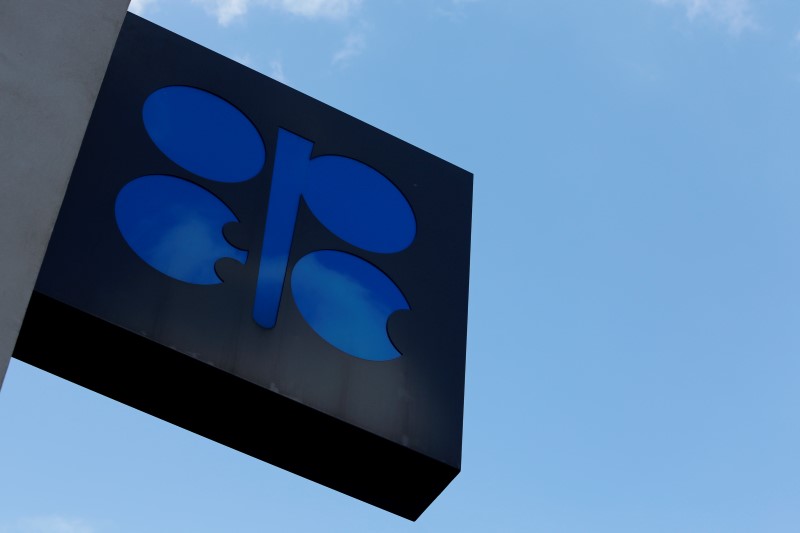OPEC oil output rises in July led by UAE and Saudi
The Organization of the Petroleum Exporting Countries pumped 27.38 million barrels per day last month, up 270,000 bpd from June's revised total, the survey showed

OPEC's oil output rose further in July after an OPEC+ agreement to raise production, a Reuters survey found, although the hike was limited by Iraq making additional cuts and by drone attacks on Kurdish oilfields.
The Organization of the Petroleum Exporting Countries pumped 27.38 million barrels per day last month, up 270,000 bpd from June's revised total, the survey showed, with the United Arab Emirates and Saudi Arabia making the largest increases.
OPEC+, which comprises OPEC and its allies, including Russia, is accelerating its plan to unwind its most recent layer of output cuts. At the same time, some members are required to make extra cuts to compensate for earlier overproduction, in theory limiting the impact of the hikes.
Under an agreement by eight OPEC+ members covering July output, the five of them that are OPEC members - Algeria, Iraq, Kuwait, Saudi Arabia and the UAE - were to raise output by 310,000 bpd before the effect of compensation cuts totalling 175,000 bpd for Iraq, Kuwait and the UAE.
According to the survey, the actual increase by the five was 150,000 bpd.
Saudi supply for June was revised up by 50,000 bpd after the country reported in OPEC's July monthly report that it supplied 9.36 million bpd in June.
Iraq, which is under pressure to boost compliance with OPEC+ quotas, lowered output because of compensation cuts and due to drone attacks on oilfields in Iraqi Kurdistan.
The UAE raised output by about 100,000 bpd, but still pumped below its OPEC+ quota.
There is a wide range of estimates of output in Iraq and the UAE with many outside sources putting the countries' output higher than the countries themselves.
While the Reuters survey and data provided by OPEC's secondary sources show they are pumping close to the quotas, other estimates, such as those of the International Energy Agency, say they are pumping significantly more.